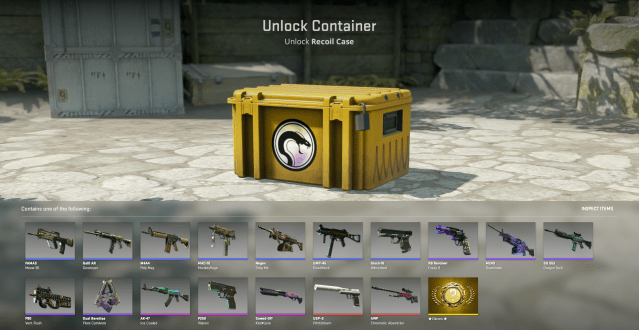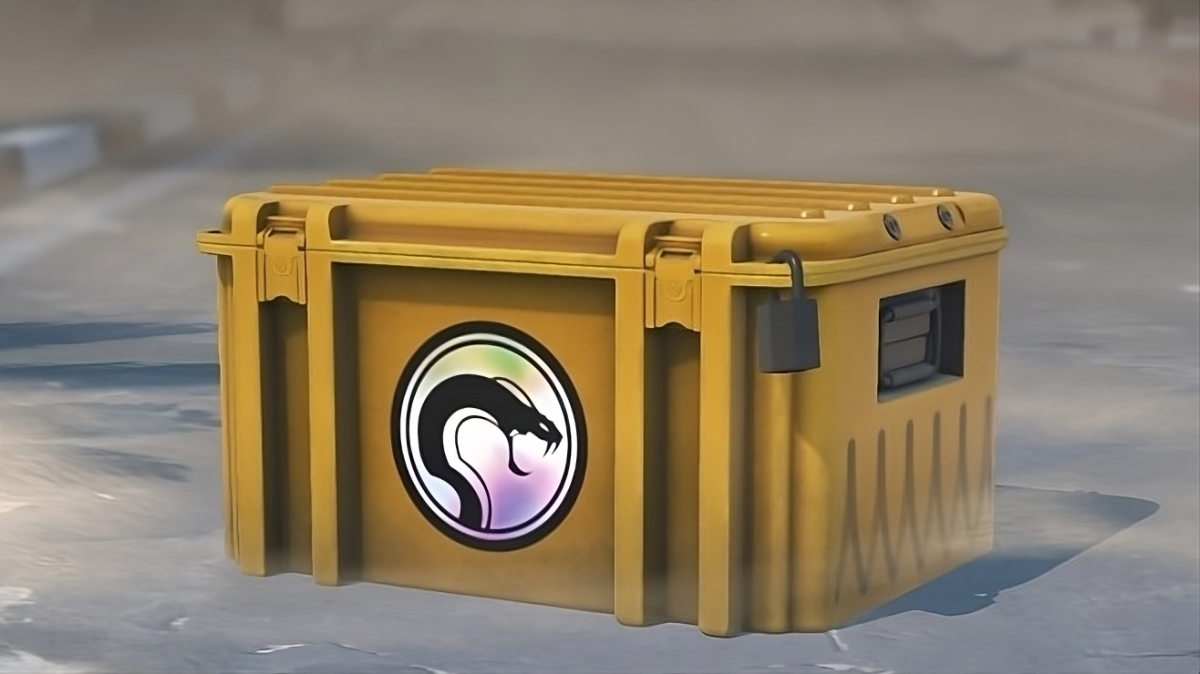Loot boxes, skin cases, and many other “containers” have invaded the gaming industry, with players falling into their captivating vortex. The magnetism of cosmetics can draw players into dreadful downward spirals, like a New Zealander who grieved spending over $16,000 on loot boxes in various games.
Jacques Strydom, the gamer in question, got hooked on opening loot boxes in popular esports titles such as Counter-Strike 2 and EA Sports FC. In an interview for RNZ, he said that his spending has made him feel “terrible” and that the money could have gone to a much better use, such as investing in his home.

“If you put all that money aside in a bank account, I would have had about $16,000 now that I could have put towards a home deposit or something,” Strydom told RNZ. He even developed trust issues with himself, saying that he genuinely got addicted to what is essentially online gambling (a controversy that’s led to massive shifts in the gaming industry over the past few years). Strydom no longer keeps his credit card on his person; instead, he entrusts it to his wife to curb his addiction to gaming loot boxes.
Gaming loot boxes, particularly Counter-Strike 2 cases, have only grown in popularity over the years, with some streamers and content creators focusing their entire careers on opening them. Strydom expressed his criticism of these creators in the interview, saying that they expose children to gambling and misconstrue it to hide the implications.
“They only show you the good stuff they get; they don’t show you all the thousands they’ve spent before that,” he said.
Loot boxes have proven a lucrative business, though one wrought with controversies, even involving national governments—some of which have prohibited loot boxes from appearing in games sold in their respective countries. In 2018, the Belgian government declared gaming loot boxes as violations of gambling laws, effectively declaring that cases, packs, and other similar items are a gambling loophole.
Nevertheless, that didn’t stop major gaming companies from introducing all sorts of loot boxes in their games. Microtransactions are a core part of the monetization systems of most big-budget releases, and what was primarily characteristic of mobile gaming has now become an ever-present and ever-growing problem among games of all types. Cases like Strydom’s remind us of how dangerous these practices can be, and one should always be aware of the implications of spending such quantities on what are essentially colorful pixels.

